Worry no more about your pet's destructive chewing behavior when left home alone!
If you're like most pet owners, you worry about your pet's destructive chewing behavior when you're away from home. You may find them chewing on furniture, shoes, wires, or other household objects. In this article, we'll discuss some solutions that you can do to finally put a stop this behavior!
Here are everything you need to know about how to stop your pet's destructive chewing behavior when you're away:
1. Make sure that they have plenty of toys to chew

Chewing is normal for pets especially puppies and kittens but the problem is them chewing what they're not supposed to chew. Make sure that your pet has plenty of toys and chewable treats to solve this problem. There are lots of toys for cats and dogs that are meant to address their chewing problem. Observe which of these toys they tend to chew a lot for a long period of time and make sure they have that toy especially when they have to be left alone for a long period of time!
2. Give them enough exercise physically & mentally

A tired pet is a good pet! Before you leave, give your pet a chance to burn off some energy with a long walk or run especially for dogs. For cats that couldn't go outside, make sure you play with them and make them run and move a lot. One way to do this is with a feather toy. If possible, try to play with them for at least 30 minutes before you go. This will help tire them out so they're less likely to want to chew on things and will most likely just sleep most of the time while you're out of the house.
You can also leave them toys that can mentally stimulate them like Kong toys and puzzles to make sure they're occupied. You can also try leaving an interactive pet toy that can move on its own and play for them for a long period of time! Check out these 4 Interactive Toys Your Pet is Wishing For and 11 Fun Ways to Keep your Pet Active Indoors to learn more!
3. Feed your pets & leave enough food for them before leaving

Hunger can be one of the reasons why your pet tends to chew a lot when home alone. Make sure to feed them before you leave so their stomach isn't empty and they're less likely to chew out of hunger.You can also leave them with some food but the catch to this is if they're not the type of pet who are too keen to eat everything they have lying around them! If this is the case, automatic pet feeders will be the best solution for you and your pet! Check out our Pet Feeder Collection to learn more!Another option you can do to track your pet's feeding is to get a Pet Camera! You can also check out these Pet Camera Collection which can help you feed, monitor, and even help you talk or play with them even if you're out of the house!
4. Pet-proof your house and hide anything they might chew

Taking away all the things your pet might chew is a sure way to stop your pet's destructive chewing behavior! This means making sure that there are no items within reach that could be attractive to your pet to chew on. Common items include shoes, clothing, plants, furniture, and electrical cords. If possible, keep these items out of reach or put them away altogether. You can also cover wires with some furniture like thick mats, plants with wire fencing, and use bitter apple spray or pet repellent that is surely safe for pets. Another way to pet-proof your house is to create a designated chewing area for your pet. This can be done by providing them with chew toys that are specifically meant for chewing. By giving your pet a safe place to chew, they will be less likely to chew on other objects in your home.
5. Establish rules/routine & get them used to it

You can try to create a routine for your pet that will help to minimize the amount of destruction caused while you're gone. Whenever your pet is chewing on an appropriate object, be sure to provide positive reinforcement such as treats, praise, or both. By doing this, you will be teaching your pet that they are being good when they chew on the right things. Over time, they will be less likely to chew on other objects in your home if they know that they will be rewarded for chewing on the right things.In vice versa, if your pet does chew on something that they should not be chewing on, it is important to discourage this behavior immediately. The best way to do this is by using a negative reinforcement such as gently correcting them by saying "no" or spraying them with a little water but please, don't ever shout at them or hit them! The key is being consistent and being patient with them or your pet will become confused and will likely not respond to the training.
6. Crate train your pets

Crates are not a bad way to leave your pets on as long as it is used correctly! It is also one way to help limit their freedom so they won't access things they shouldn't chew on. If your pet has a history of destructive chewing, confining them to a crate or another small space when you're away from home may be the best option. Just make sure that you first train them to love their crate and see it as a safe space! Positive reinforcement such as treats and praise are a sure way to do it! Do make sure that it is the right size for them and the crate is not too small for them so they can still roam a bit and play with their chew toys.
7. Get them checked by a veterinarian

If you've already done training and yet your pet is still chewing on things while you're away from home, it's time to get them checked by the veterinarian and see if they have some sort of illness which is causing the chewing. Gum/dental problems can be the cause why your pet just couldn't stop chewing for a long period of time. Make sure that they have a proper dental care routine! Check out 6 Tips to Improve Your Pet’s Dental Health to learn more!
Separation anxiety is also one of the common reasons for chewing a lot of things around the house! It is a condition that causes dogs and cats to feel anxious and stressed when they're away from their owners. If your pet has separation anxiety, they may start destructively chewing on objects as a way to cope with their anxiety. Take them to the veterinarian so they can provide you with advice on how to treat your pet's anxiety. Check out Pet Separation Anxiety (Causes, Signs, and How to Prevent It Especially If You Plan on Returning to Work After Covid-19) to learn more!
Conclusion
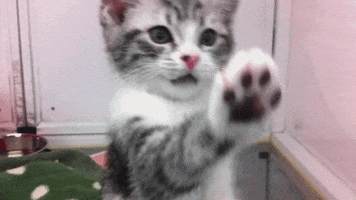
Leaving your pets home alone is already tough enough so helping them cope up with their destructive chewing behavior caused by stress, fear, and frustration is the least we can do for them. Help stop your pet's destructive now with patience and consistency!
Share this with your fellow pet owners and you can also leave a comment down below about your experiences and tips about your pet's destructive chewing behavior when you're away from home, we would also love to read them!
Sign up to our newsletter down below & follow us on Instagram @sgsmartpaw to stay up to date with our weekly blog articles!

Don't miss our "Away from Home Essentials" with up to 39% OFF + $10 OFF min spend $159 until July 31, 2022 ONLY!! !
SHOP HERE NOW!

Rose Hazel San Diego
Hazel loves pets & she has owned cats, dogs, & even hedgehogs! She also fosters cats & dogs in need around her area. With her social media & copywriting background, she gladly shares her knowledge of pets through these articles!
Most Recent Articles
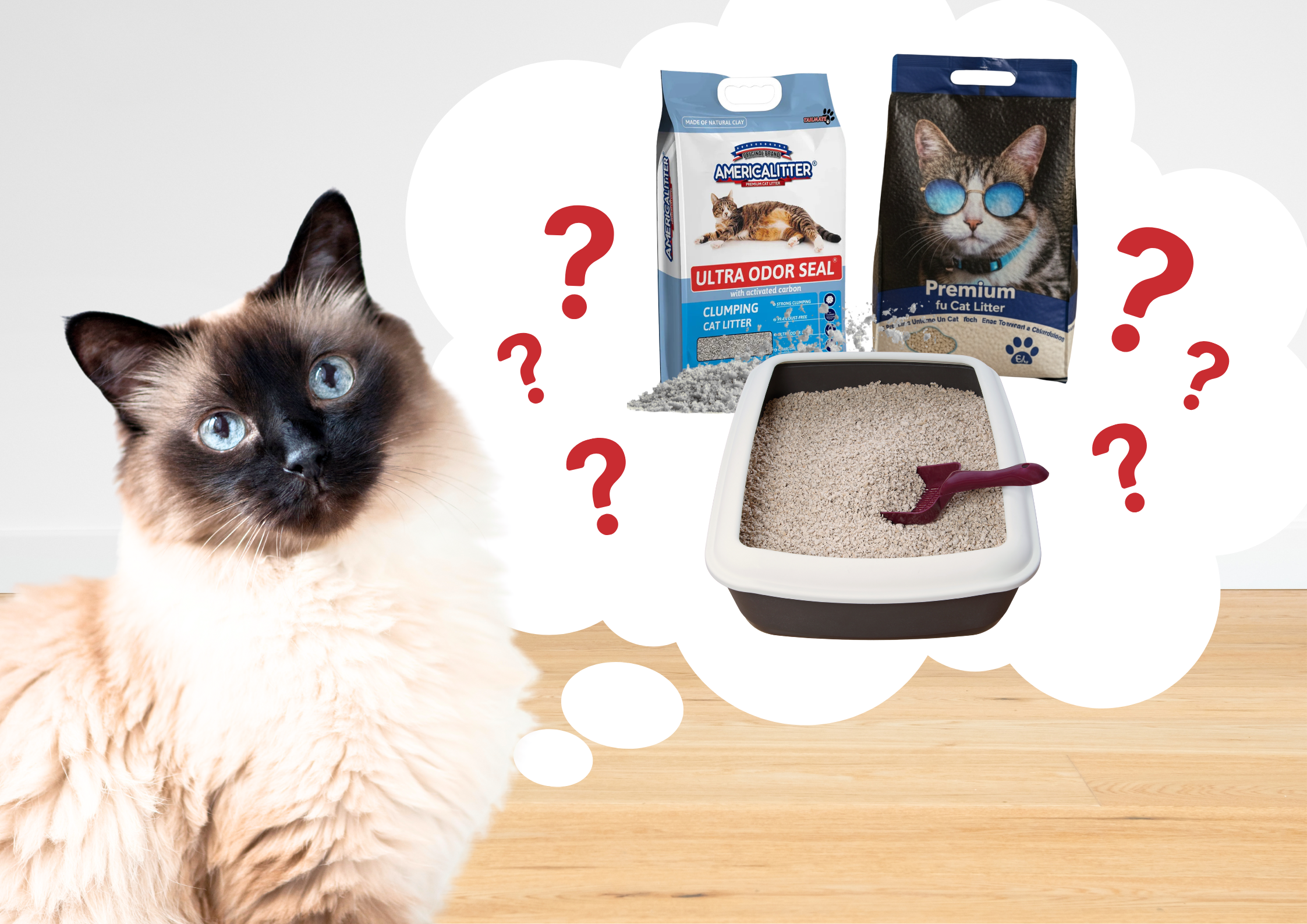
Cat Litter in Singapore: Types, Pros & Cons Explained
Choosing cat litter isn’t one-size-fits-all. This Singapore-focused guide breaks down clumping & non-clumping clay, silica crystals, tofu, wood pellets, and paper—how they work, their real-worl...
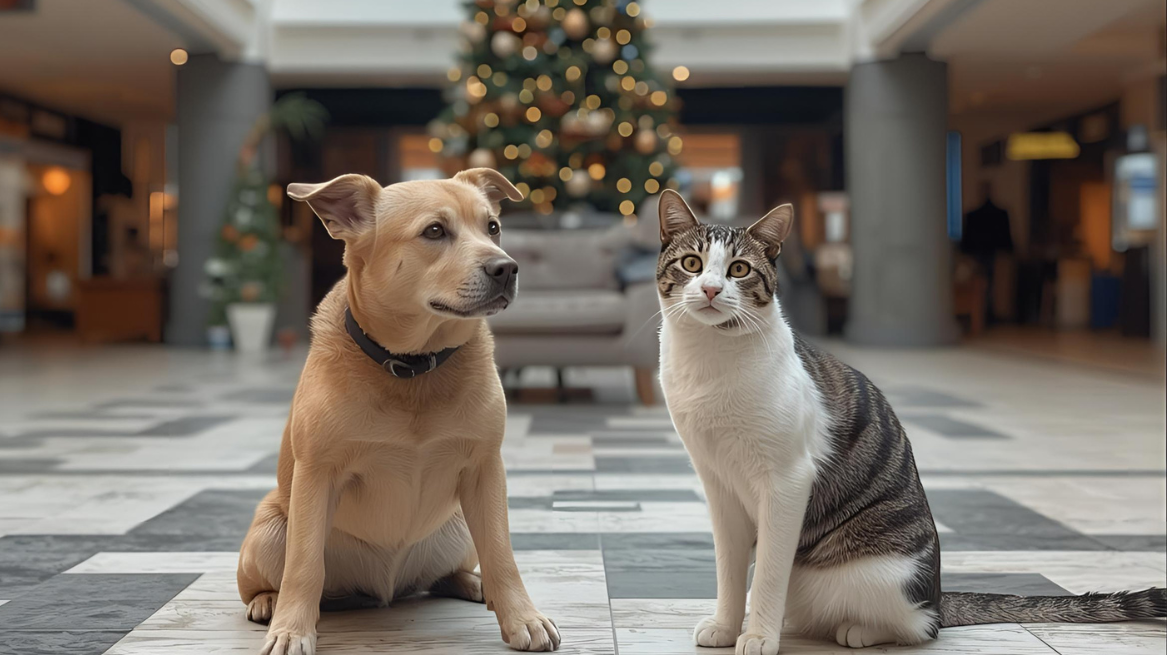
7 Pet-Friendly Malls in Singapore Every Pawrent Should Know About
Shop, dine, and stroll with your furkid at 7 pet-friendly malls across Singapore—think dog parks, pet lifts, alfresco cafés, and more. Our Smartpaw guide maps the best spots and shares quick tips f...

Every pawrent knows birthdays aren’t just for humans—our furry family members deserve the same love and celebration! From adorable pupcakes to custom-designed birthday cakes, Singapore’s pet bakeri...


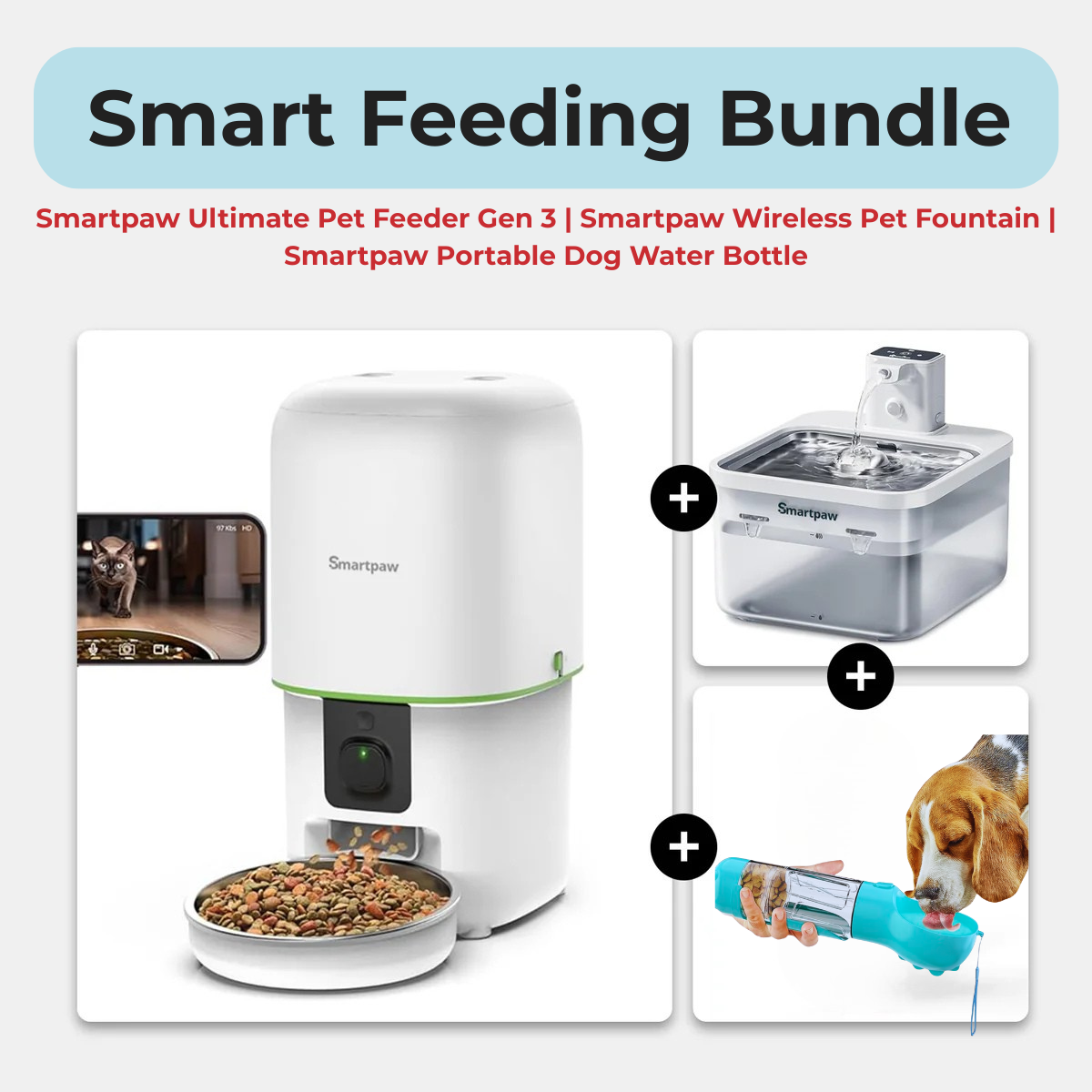
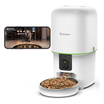
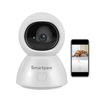

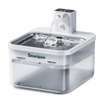
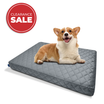
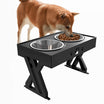
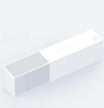
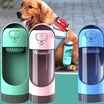
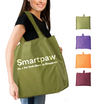
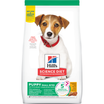

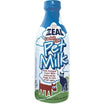
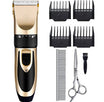
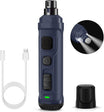
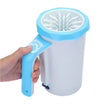
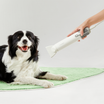
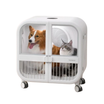
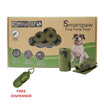
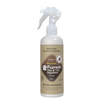
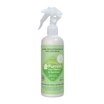
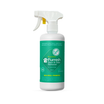
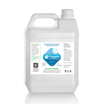
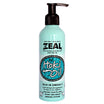
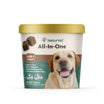


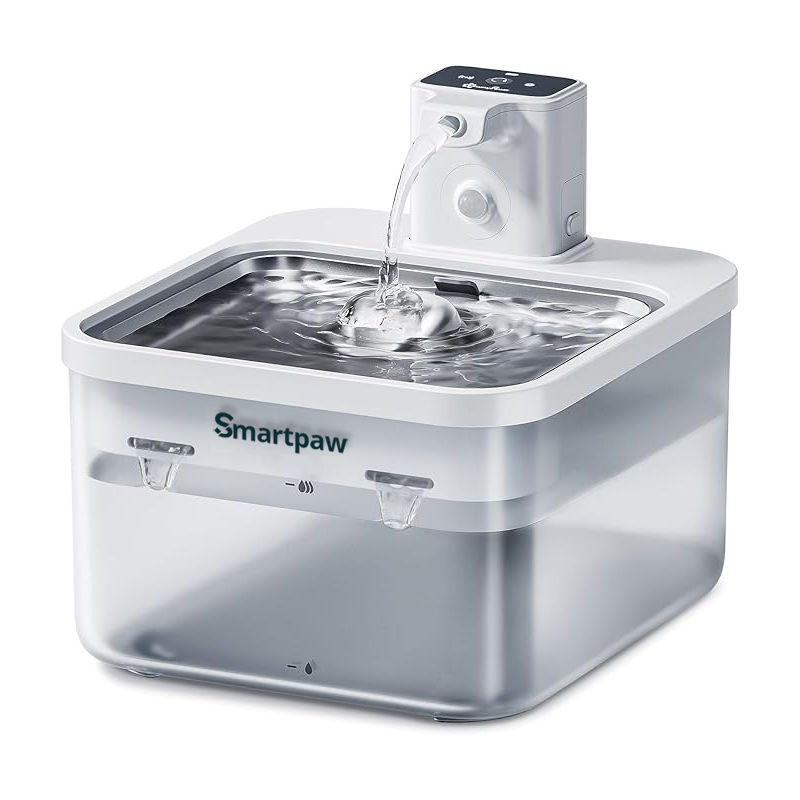
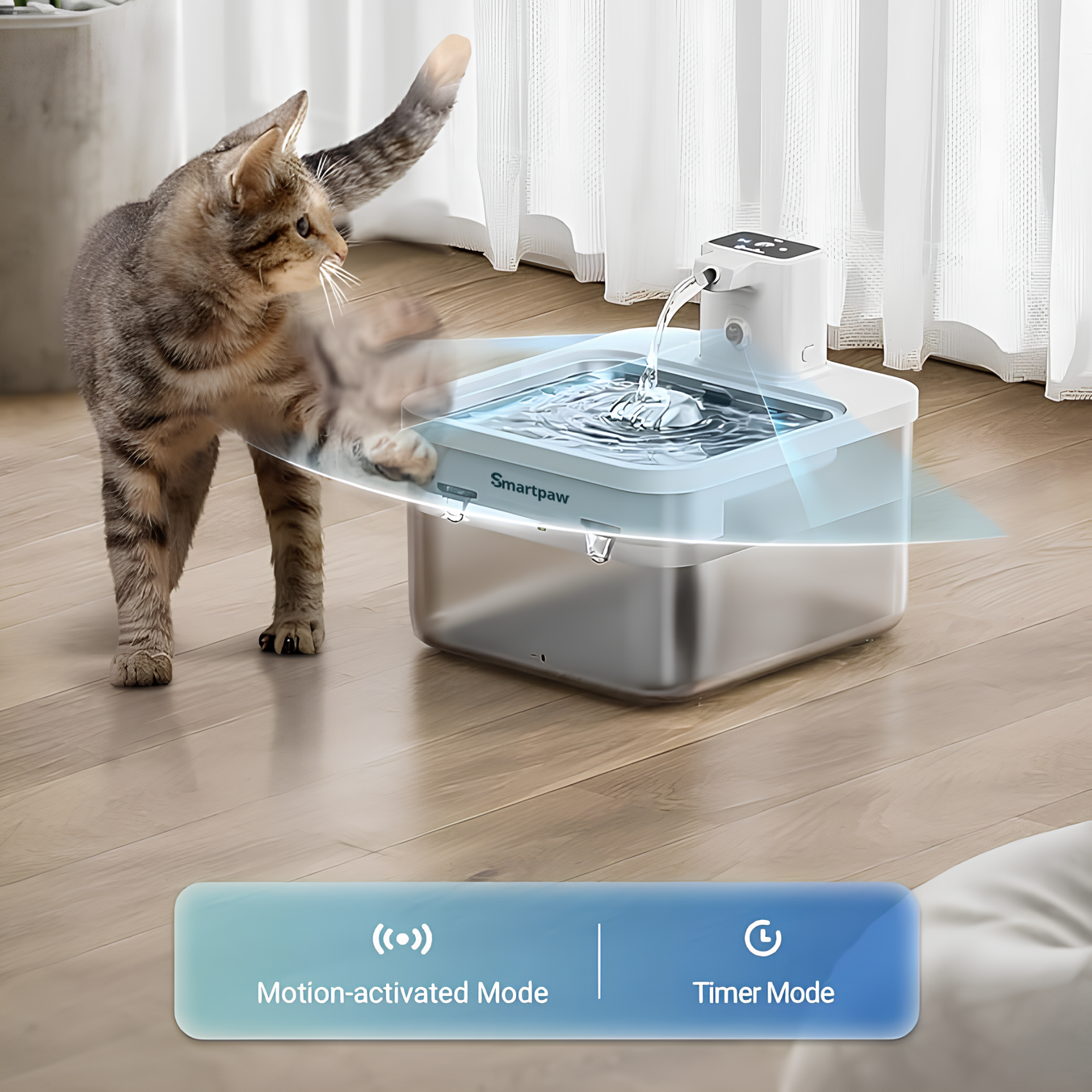
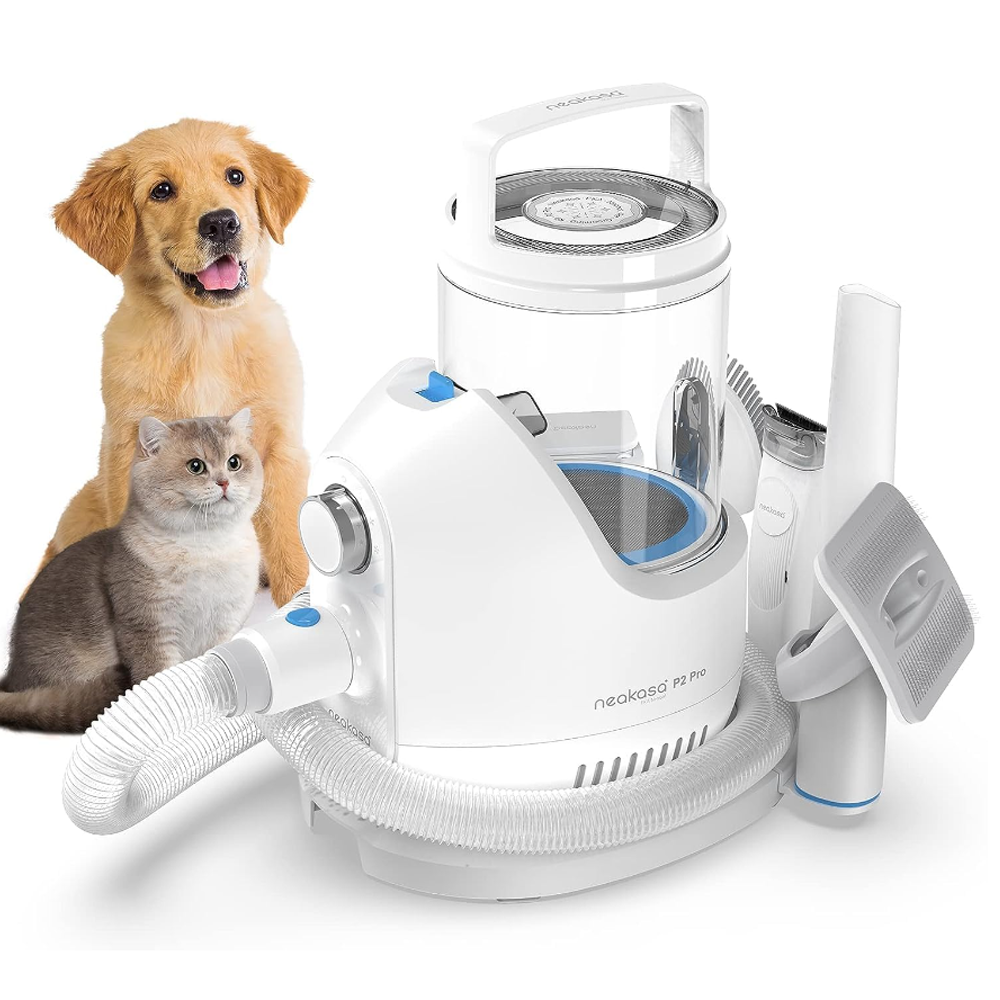
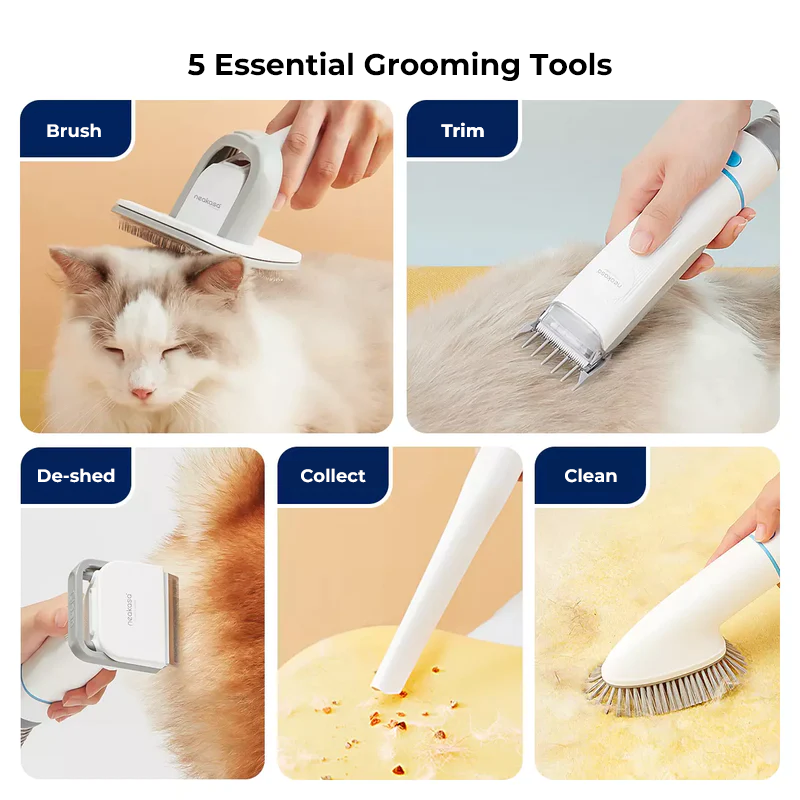
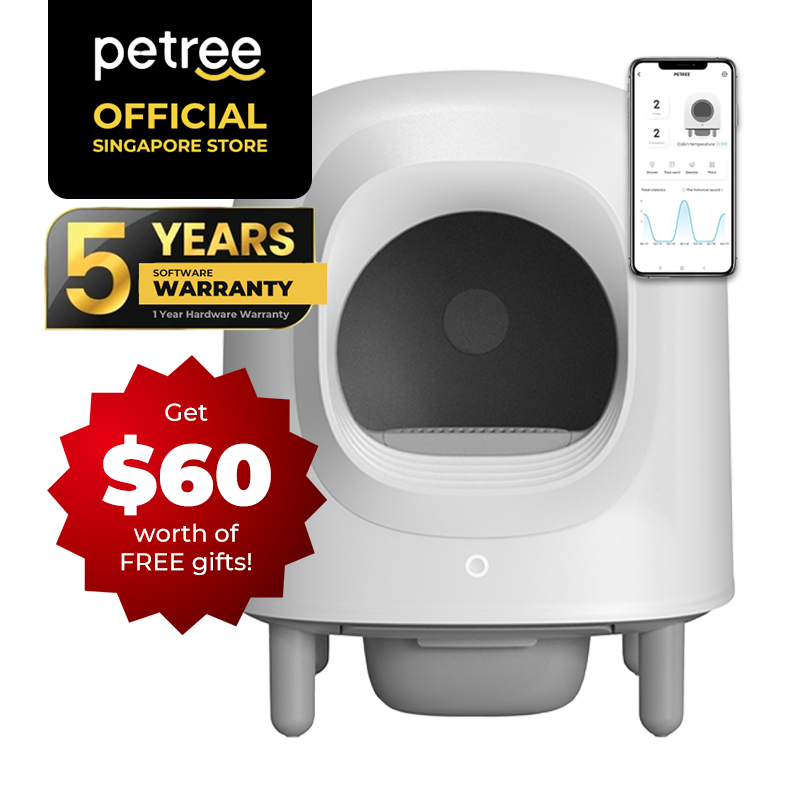
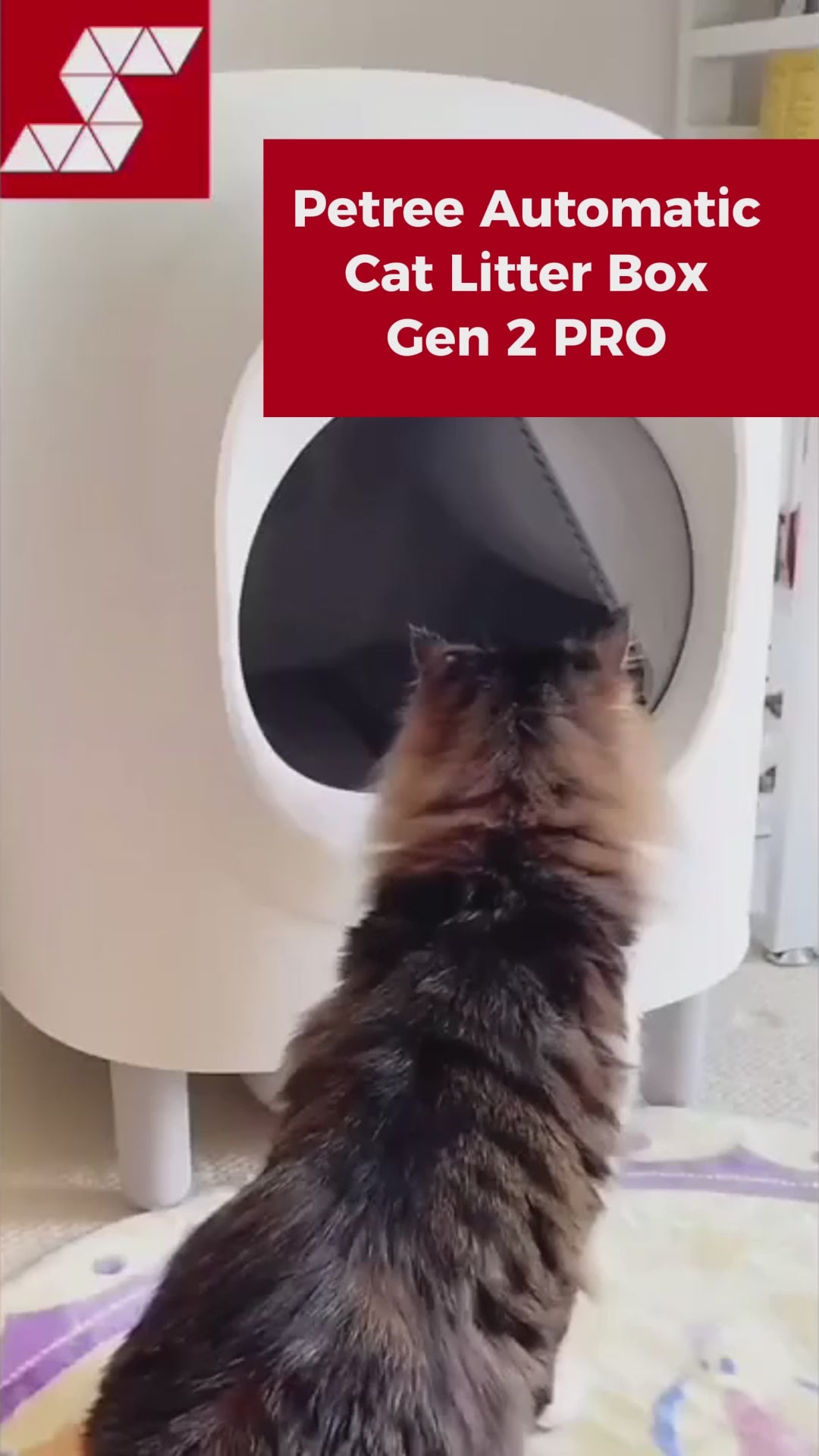
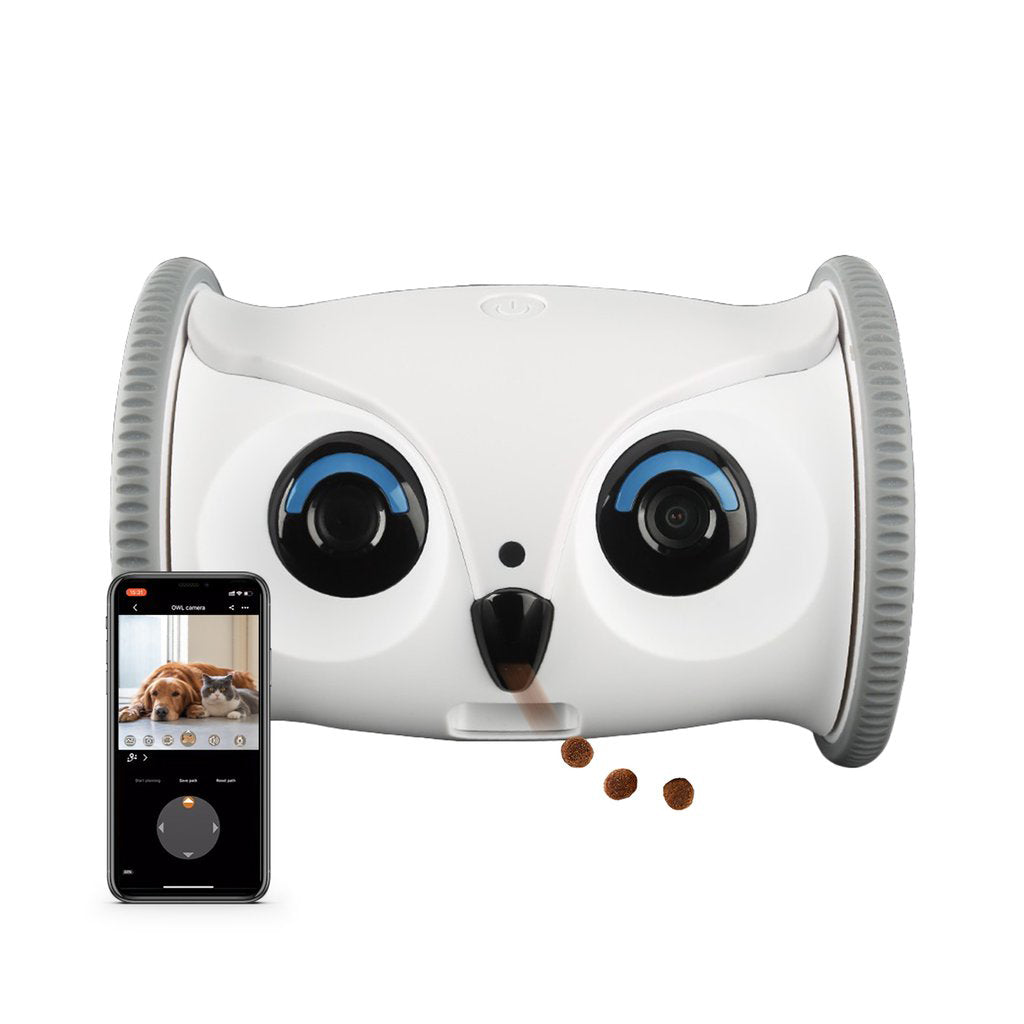
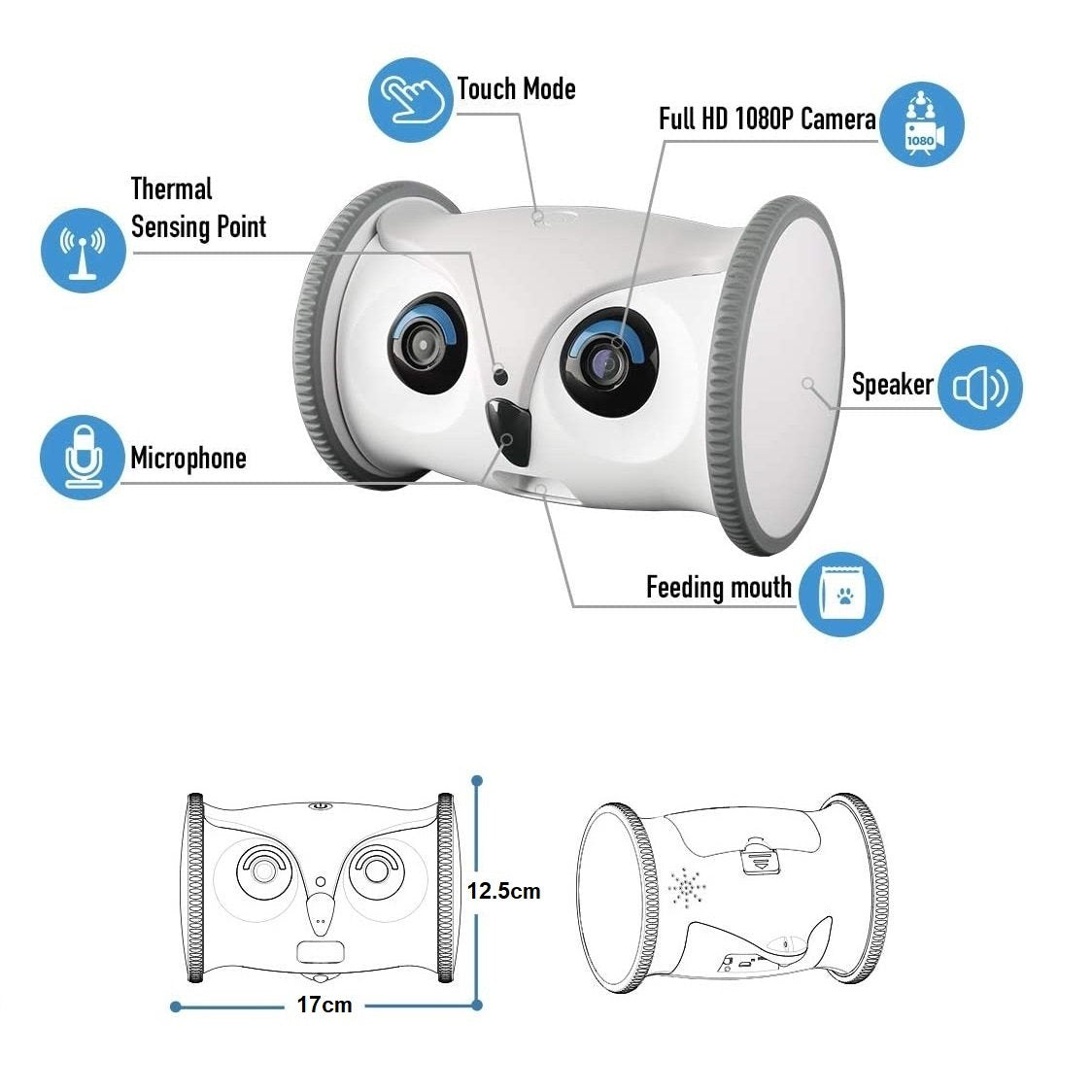














Leave a comment
All comments are moderated before being published.
This site is protected by hCaptcha and the hCaptcha Privacy Policy and Terms of Service apply.